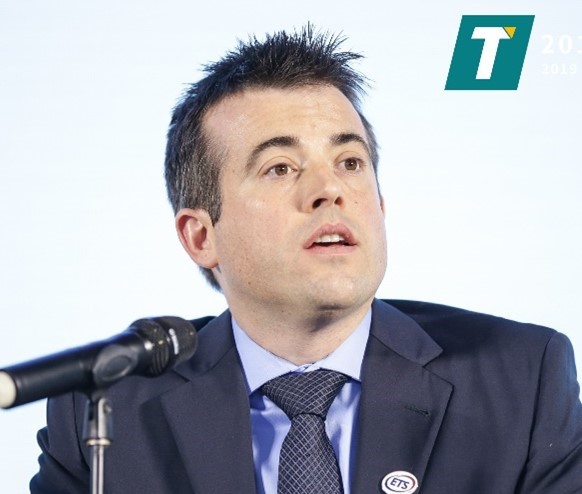A degree in English language and literature opens up a variety of career paths, including:
Teaching: Many English graduates pursue careers in teaching at primary, secondary, or tertiary levels.
Writing and Editing: English graduates often work as writers, editors, or content creators for various media outlets, publishing houses, advertising agencies, or businesses. This can involve writing articles, blogs, marketing materials, or editing manuscripts.
Publishing: Working in publishing involves roles such as editorial assistants, literary agents, or production managers. English graduates can contribute to the publication process by acquiring manuscripts, editing content, or managing the production of books and magazines.
Journalism: Graduates with a degree in English can pursue careers in journalism, reporting, or broadcasting. They may work for newspapers, magazines, online publications, or broadcast networks, covering news, features, or entertainment stories.
Public Relations and Communications: English graduates often excel in roles related to public relations. They may write press releases, create promotional materials, manage social media accounts, or handle media relations for organizations.
Copywriting and Content Marketing: Copywriting involves creating persuasive content for advertisements, websites, or marketing campaigns. English graduates with strong writing skills can thrive in this field, crafting engaging and effective messages to promote products or services.
Freelance Writing: Many English graduates choose to work as freelance writers, offering their services to various clients. This can include writing articles, blogs, copywriting, editing, or ghostwriting for individuals, businesses, or publications.
Digital content writing: English graduates can apply their language and communication skills to create user-friendly content for websites, apps, or digital platforms.
These are just a few examples, and there are many other career paths available to graduates with a degree in English language and literature. The versatility of the degree allows individuals to pursue diverse interests and adapt to various industries and roles.
In this issue, we feature the perspectives of five university graduates who have pursued careers outside Greece. What prompted their decision to move? Was it the limited opportunities available within the Greek context? Did they find it easy to secure employment at foreign universities? Are they satisfied with their current pursuits? And do they experience feelings of homesickness for Greece?
Enjoy reading!
Dr Spyros Papageorgiou, Principal Measurement Scientist in language learning and assessment at ETS | Language test development & validation research, ETS, Princeton, New Jersey, United States
- What academic/professional qualifications do you have?
I graduated with a Bachelor’s degree in English Language and Linguistics from the University of Athens, a Master’s degree in Language Studies and a PhD in Linguistics (with a concentration in language assessment, both from Lancaster University in the UK).
- What were the working prospects in Greece after your graduation?
I graduated from Lancaster University in 2007, so a few years before the financial crisis in the early 2010s. At that point I decided not to pursue a career in Greece not so much because of financial reasons, but because there were some very attractive professional opportunities abroad. - Were the limited options the Greek context offered the factors influencing your decision to work abroad?
Limited opportunities were definitely a factor in my decision to seek employment abroad. I wanted to work in a field related to my doctoral dissertation, language assessment, and there were many more opportunities in the UK and the United States. - How easy was it to find work at a foreign university?
I would not say it was easy, but it was doable. I was able to obtain job offers in the UK and the United States right at the time I was about to graduate in the summer of 2007. One of these offers was from a major UK university, but I opted for a non-faculty job at the University of Michigan in the United States, because the role involved development, research, and validation for English language proficiency tests. - What other options do English teachers have apart from working in the state sector e.g. private tutoring, language schools, online teaching?
I have been lucky to have met several people who started as English teachers, but then went on to become very successful in other roles, beyond teaching in the state sector. A university degree in language education offers a solid foundation for jobs with publishers of language books and technology-based teaching tools, or with providers of language assessments. - Are you happy with what you are doing?
I have been working in the field of English language assessment for over 15 years. What makes me happy about my job is that it can have a positive impact on peoples’ lives, through products and services that open up educational opportunities for people from all over the world. For example, one of my main responsibilities is the research program supporting the validity and overall quality of the TOEFL iBT test at ETS. The test is accepted by more than 12,500 institutions around the world for admission of international students into English-speaking academic programs. - What do you miss from Greece?
Probably too many things to list here, but probably nothing that would come as a surprise, such as family, friends, and spending time by the Ionian Sea (I am originally from Arta, in the Epirus region). I just hope that as my 2-year-old son grows, he will have many opportunities to experience Greece. My wife was born and raised in the United States, but can’t get enough of spending summers in Greece, and I suspect he will be the same!




